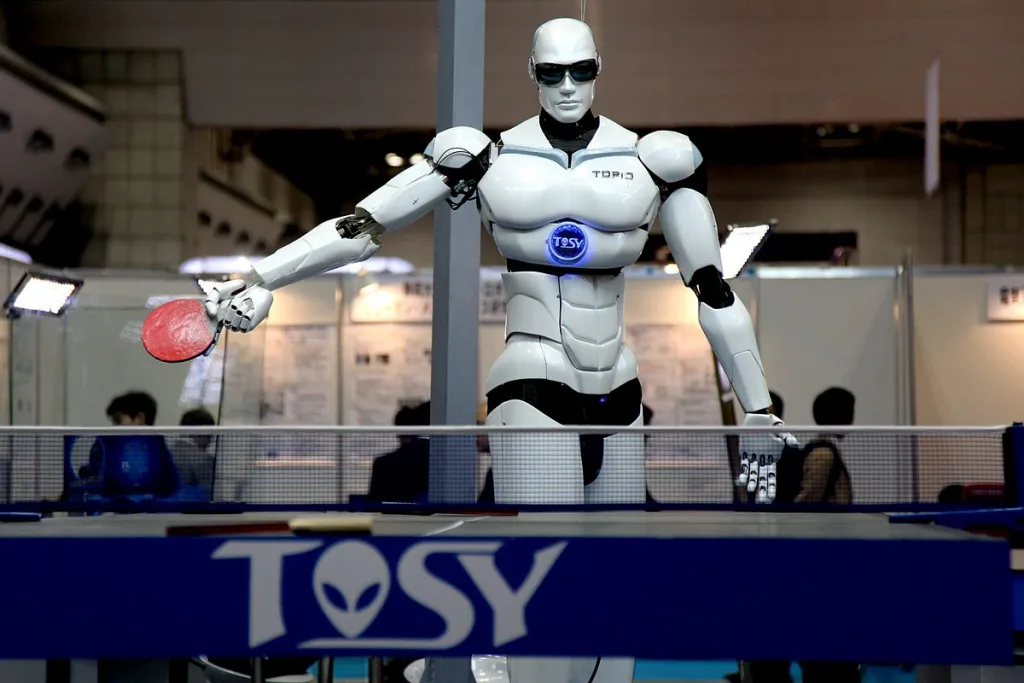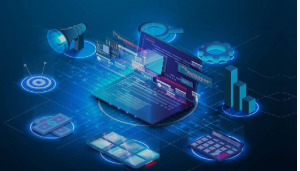Google’s AI Robot Plays Table Tennis at a “Human Level”
Google DeepMind’s AI robot has developed the ability to analyze situations while playing table tennis, although it is currently only at an amateur level and has not yet reached professional standards.
Situational Analysis and Tactical Capabilities
Google DeepMind published a study on Arxiv last week detailing the robot’s operations. The study also included footage of the robot competing against players of varying skill levels.

According to DeepMind, the robot is designed in the form of an arm. It is similar to those commonly found in manufacturing plants. However, it is equipped with a camera and an AI system to analyze situations. The robot cannot yet serve on its own. Despite this, it has been trained to master basic skills such as returning the ball. It can also perform more complex tasks like planning plays and strategizing.
In addition to the input data, the AI robot has also engaged in real matches with various opponents, each with different playing styles. Through these experiences, it has collected data to refine and adjust its approach to tactics. Using a 3D-printed paddle, the robot won 13 out of 29 matches, including a 100% win rate against “beginner” players, a 55% win rate against “intermediate” players, but lost every match when facing “advanced” opponents.
Applications of AI Robots in the Entertainment Industry
In an interview with TNW, a DeepMind representative stated that the results of this project represent a significant step forward in their goal of creating robots that can achieve “human-level” speed and performance in real-world tasks. Initially, these robots will be applied in the entertainment field before being used in more complex domains.
Google DeepMind is not the only company to choose ping pong as a training ground for its AI systems. Previously, Japan’s Omron Corporation undertook a similar project. Due to its demands for hand-eye coordination, strategic thinking, speed, and adaptability, ping pong is considered an ideal sport for training and testing the skills of AI-powered robots.






